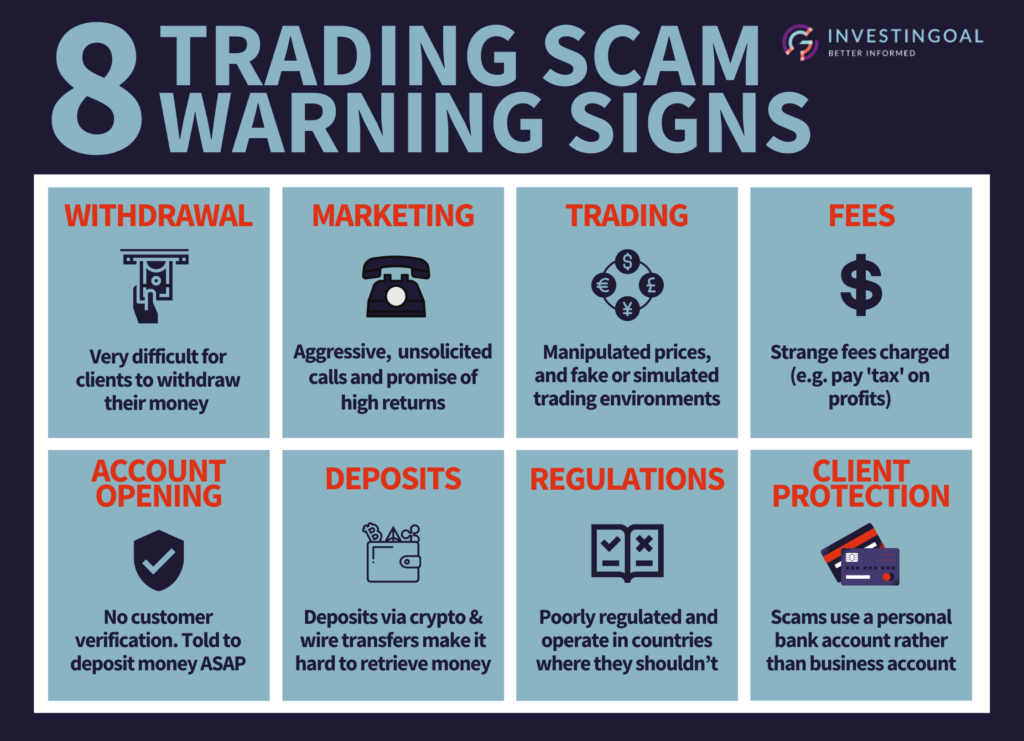Thane Man Duped of Rs 13.54 Lakh in Forex Trading Scam: A Warning
Introduction
With the increasing number of digital financial opportunities, Scams are getting more common. Another incident that took place in Thane, Maharashtra, has highlighted the negative aspects of online forex trading. A man lost Rs 13.54 lakh in a forex trading fraud, a grim reminder of the perils of making investments online. This blog examines the incident closely, discusses how forex trading frauds work, & offers tips on how to protect oneself against them.
The Incident: A Costly Blunder
A Thane resident became a victim of a sophisticated forex trading fraud, losing Rs 13.54 lakh. It has been reported that the victim was encouraged to put money into a forex trading website that promised high rewards. Small benefits were first given to him in order to gain his confidence. He eventually lost his money since he was unable to remove it while he made other investments. When the con artists stopped talking, he was forced to report the matter to the police.
The scammers’ strategy was simple but successful. They employed social media and online ads to lure potential victims. They professed to be money experts in finance who were capable of providing trading opportunities without taking all risks. They went beyond even creating tales of achievement & fake testimonies in order look real.

Understanding Forex Trading Frauds
The exchange & sale of currencies on an open market is mentioned While forex trading or trading in foreign currencies. Scams are common in the forex sector, despite the reality that legal trading occurs and is used by financial institutions and investors globally.
Forex trading scams come in several forms:
Fake Investment Websites – Bogus websites and mobile applications pretend to provide forex investment but are intended to steal investors’ funds. They can first show gains to attract more investments before finally closing down or freezing withdrawals.
Ponzi Schemes – Others are Ponzi schemes in which profits for early participants are paid with the investment of new investors and not with actual earnings.
Unregulated Brokers – Most forex trading websites are purported to be real but do not have proper licenses & regulation. Such brokers distort trading outcomes & deny withdrawals.
Signal Selling Scams – Scammers purport to deliver real forex signals (trading tips) at a price, but the predictions are random or tailored to make investors lose money.
Fake Managed Accounts – Scammers promise to trade on behalf of investors with refunds assured, but they either steal the money directly or make poor trades to destroy investments.

How Scammers Target Victims
Forex trading scams usually start with an ad or a post on social media sites like Facebook, Instagram, or WhatsApp. Scammers employ the following strategies to entice victims:
High Return Promises – They make false claims that forex trading is a sure means to earn handsome profits with little effort.
Fake Testimonials – False reviews and success stories are put up online to give a false impression of legitimacy.
Urgency and Pressure – Scammers tend to pressure victims into action, claiming that chances are limited or exclusive.
Manipulated Trading Platforms – False trading dashboards are created to present fictitious profits, leading investors to think that they are gaining when, infact, their funds are being embezzled.
Legal Action and Investigations
After learning that he had been deceived, the Thane victim went to the police and registered a complaint. The law enforcement agencies are conducting a probe about the FX trading scam. However, because these cybercriminals operate from multiple countries and use sophisticated techniques to hide their actions, they make it usually hard to hunt them down.
Cybercrime units and other law enforcement agencies and financial regulatory agencies, are trying to identify the perpetrators. Nevertheless, online scam victims find it hard to get their money back.

How to Guard Yourself against Forex Trading Scams
Check the Legitimacy of the Platform
Make sure the forex trading platform is overseen by a reputable financial regulator, like SEBI (Securities and Exchange Board of India) or overseas regulators like the FCA (Financial Conduct Authority) or CFTC (Commodity Futures Trading Commission).
Stay Away from Get-Rich-Quick Schemes
It goes without saying that if something looks too good to be true, it is. Real trading is risky, and no professional trader can promise gains.
Investigate Thoroughly
Before making an investment, check reviews to find out if there are all concerns. Seek out more ways and avoid depending on just online reviews.
BeWARE of Unsolicited Offers
If you receive unsolicited investments through calls, emails, or social media, you should be suspicious.
Employ Maintain ways to pay
Do not remit funds using cryptocurrencies or anonymizing payment forms. Opt instead for proper bank transfers or fraud-protected credit cards.
Test Withdrawal Process
Before making a large deposit, attempt a small withdrawal to check if the platform supports withdrawals without excessive delays or excuses.
Report Any Questionable Activities
Notify the police immediately when you believe there is a currency trading fraud. In India, you can reach out to the Cyber Crime Cell or file a complaint on the National Cyber Crime Reporting Portal.
